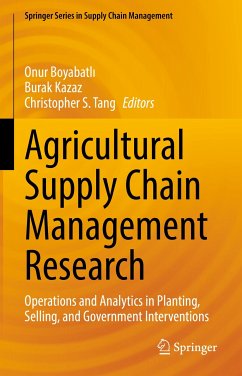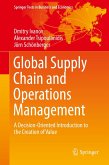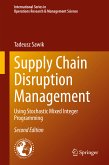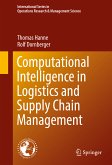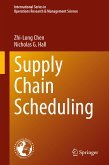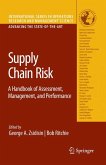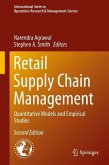In each chapter, contributing authors motivate their research questions by providing the context and articulating the importance of their questions. They present their analysis to examine the respective research questions and explain their results. At the end of each chapter, they provide a short list of future research questions.
"The authors of this book showed us how, through the use of information technology, appropriate government intervention, public-private sector partnerships, and the application of digital smartness, innovations can occur and great potentials can be realized." Hau Lee, Thoma Professor of Operations, Information & Technology, Stanford Graduate School of Business, Stanford University
"Food security, supply and sustainability is and will be a defining global issue in the decades to come... It is essential reading for policy makers, practitioners and scholars interested in understanding and tackling the critical challenge of ensuring a sustainable food supply." Brian Tomlin, Josephine Buchanan Professor, Tuck School of Business, Dartmouth College
"A perfect example of how academic research benefits the private sector... The wine industry will benefit from this insightful use of data for the entire supply chain." Steven Becker, Executive Vice President and Treasurer, Southern Glazer's Wine & Spirits
"This book is an invaluable reference for global policy makers, developmental organizations, and industry leaders seeking to transform the food system to be more sustainable, nutritious and equitable." Emily Ma, Head, Food for Good, Google
Dieser Download kann aus rechtlichen Gründen nur mit Rechnungsadresse in A, B, BG, CY, CZ, D, DK, EW, E, FIN, F, GR, HR, H, IRL, I, LT, L, LR, M, NL, PL, P, R, S, SLO, SK ausgeliefert werden.

